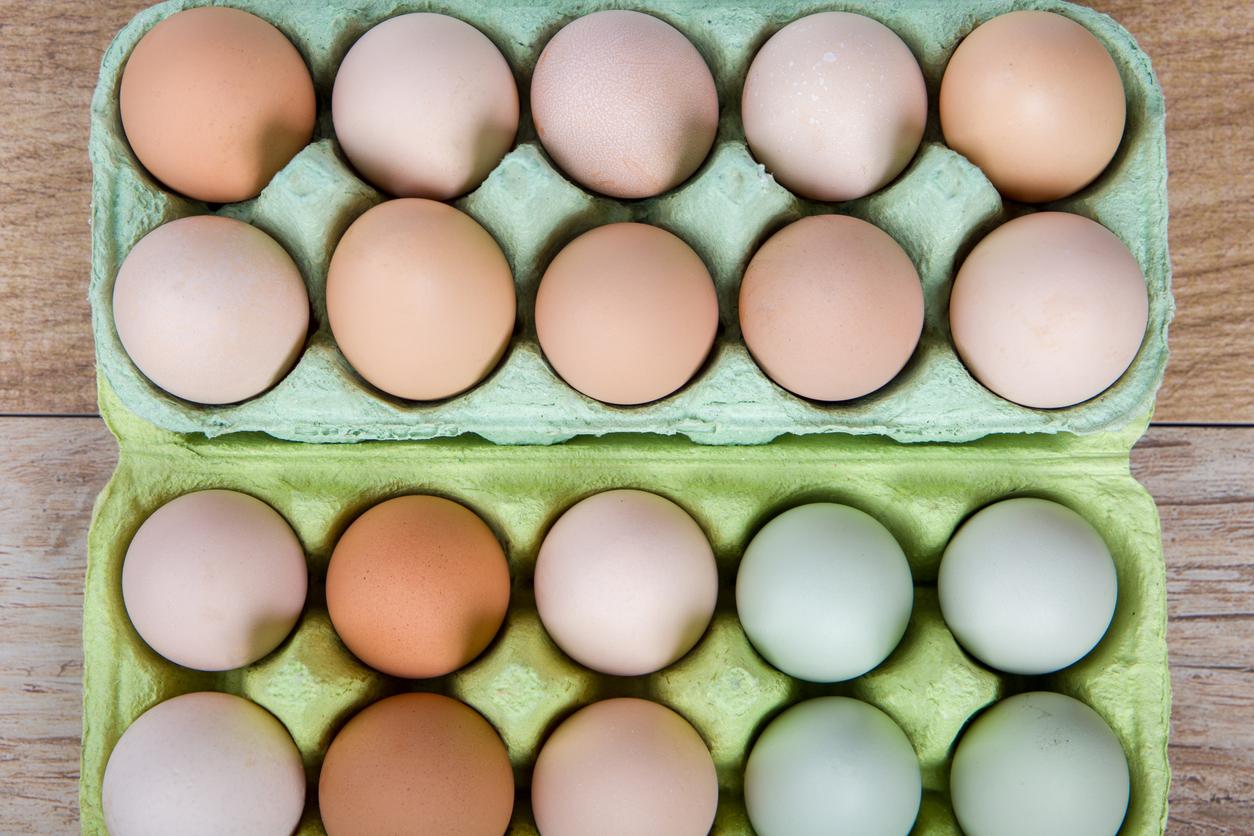The vitamin B12 is an essential vitamin for 3 reasons:
- She participates in the formation of hemoglobin (red blood cells) and platelets.
- It is involved in the synthesis of myelin (the substance that surrounds the nerves) and allows the transmission of nerve impulses.
- It blocks homocysteine, an amino acid which is both a factor in cardiovascular disease and dementia.
“It’s a vitally important vitamin, and not just as an anti-anaemia agent. A B12 deficiency can also be a risk factor for nervous system disorders, such as depression, memory impairment, or brain disease. Alzheimer’s insists Dr. Edourard Pélissier, cancer surgeon and author of Vegetarian, vegan or flexitarian? What is good for health (Ed. Odile Jacob).
What are the risks of deficiency?
The recommended nutritional intakes vary depending on the country between 2.5 (the United States) and 4 micrograms (France) per day for an adult. These needs are easily met in a healthy, omnivorous adult. As vitamin B12 is found mainly in meatpeople who follow a vegetarian diet or vegan have an indisputable risk of deficiency.
Moreover, vitamin B12 needs a good functioning of the stomach to be absorbed. For this reason the risks of deficiency also exist:
- In people who take antacid medications over a long period.
- Following an operation of bariatric surgery.
- After a stomach cancer.
- In seniors whose stomach lining atrophies with age.
What are the signs of a deficiency?
Vitamin B12 deficiency can take a long time to manifest and can go completely unnoticed for years due to the absence of specific symptoms. In effect, folateabundant in leafy vegetablesmay delay the onset anemia. “But these protective effects of folate do not act on certain disorders such as memory loss or thickening of the artery walls which may suggest a deficiency, especially in vegetarians, and even more so in vegans” explains the doctor.
Unfortunately, these symptoms are not just a sign of vitamin B12 deficiency. It is therefore often underdiagnosed. This is why it may be wise to ask your doctor for a blood test if you are one of the people who have chosen to stop eating meat.
Where to find vitamin B12?
There are more and more products enriched with B12: vegetable milks, soy desserts, breakfast cereals…. But it is difficult to measure the adequacy of these food intakes to daily needs.
Among foods of plant origin, some contain vitamin B12: mushrooms such as chanterelles, black trumpets, shiitake. Where the sea algae edibles, including the enteromorph variety and nori.
“But since they cannot be incorporated in sufficient quantities into daily meals, vegetarians can be recommended to take vitamin B12 as a supplement, in drinkable form or in tablets” adds Dr. Pélissier.
For effective supplementation,Vegetarian Association of France recommends taking, depending on your preference:
- 10 mcg (micrograms) of B12, once a day, or
- 2000 mcg of B12, once a week, or
- 5000 µg of B12, once a fortnight.
Read also :
B vitamins: they can reduce the risk of heart attack
Anti-fatigue: 6 foods to erase your bad mood
















